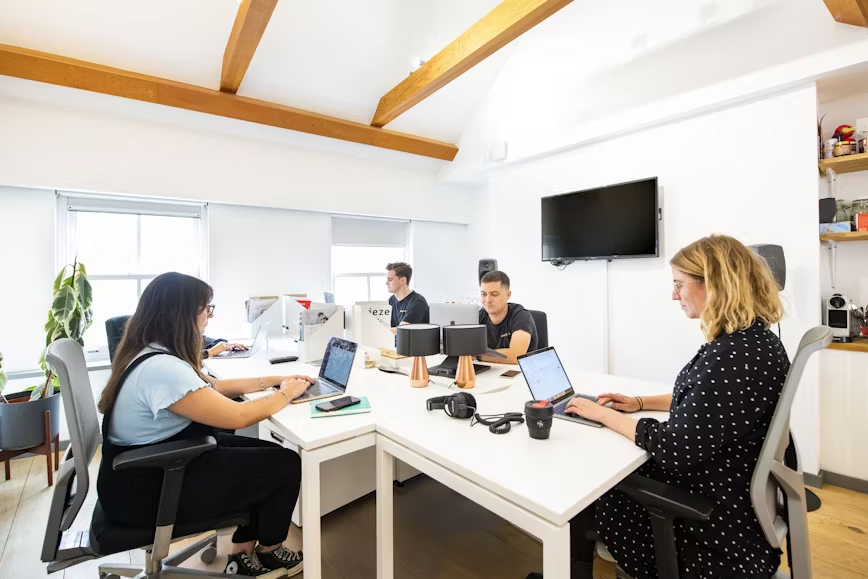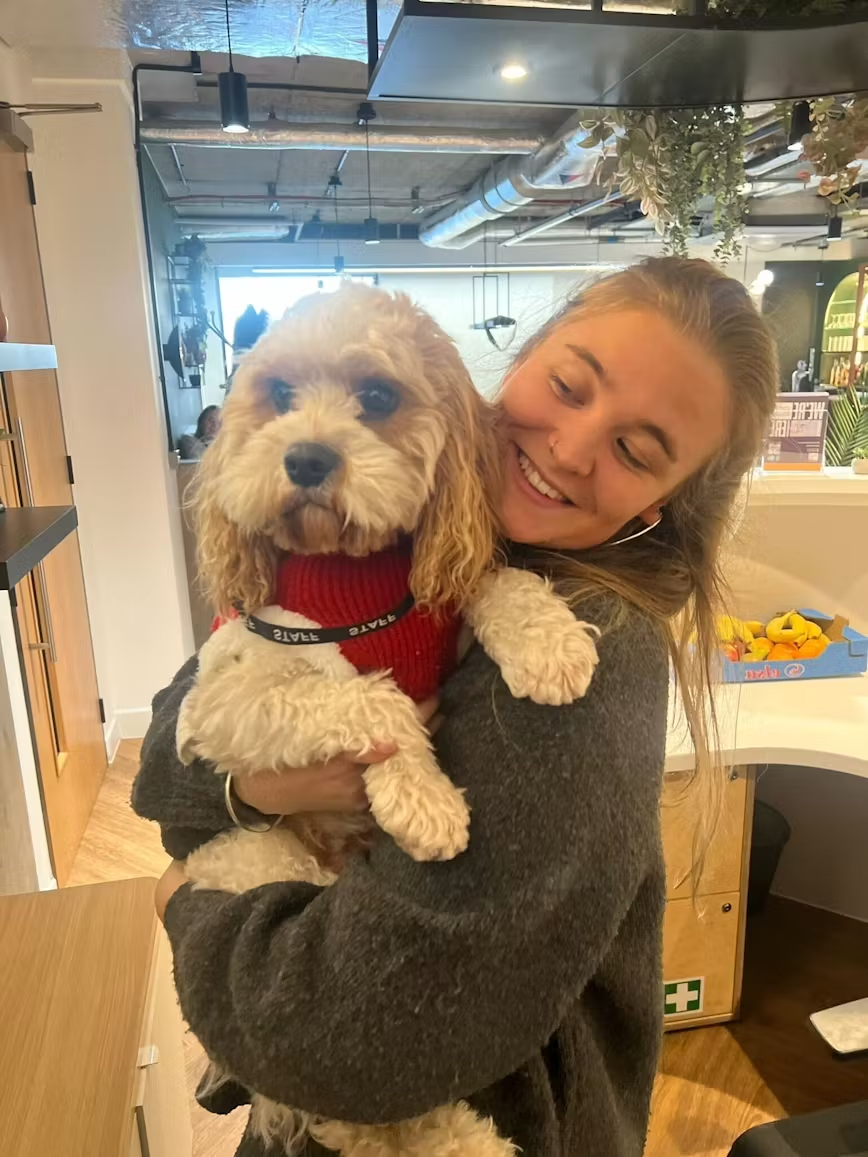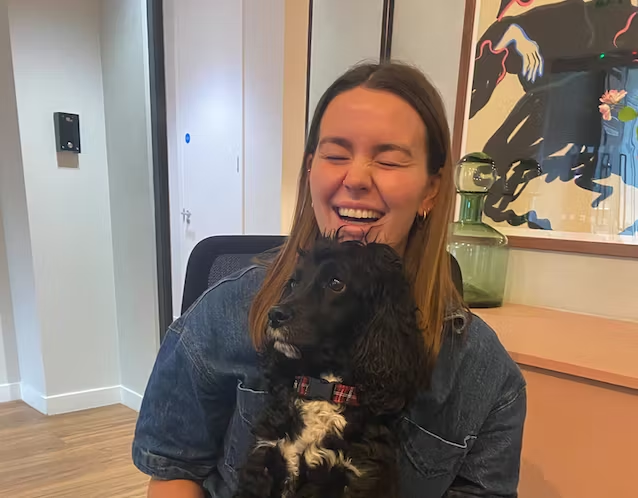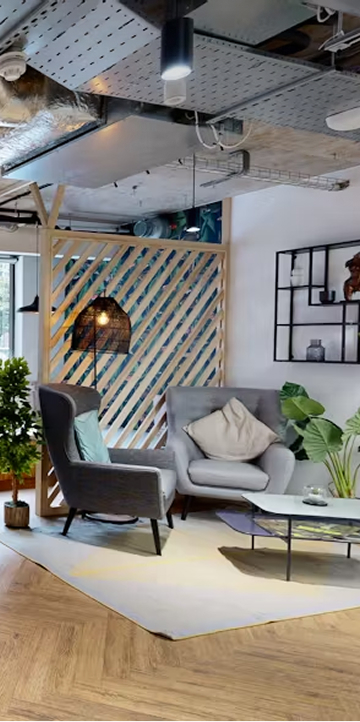Case Study: Venuescanner
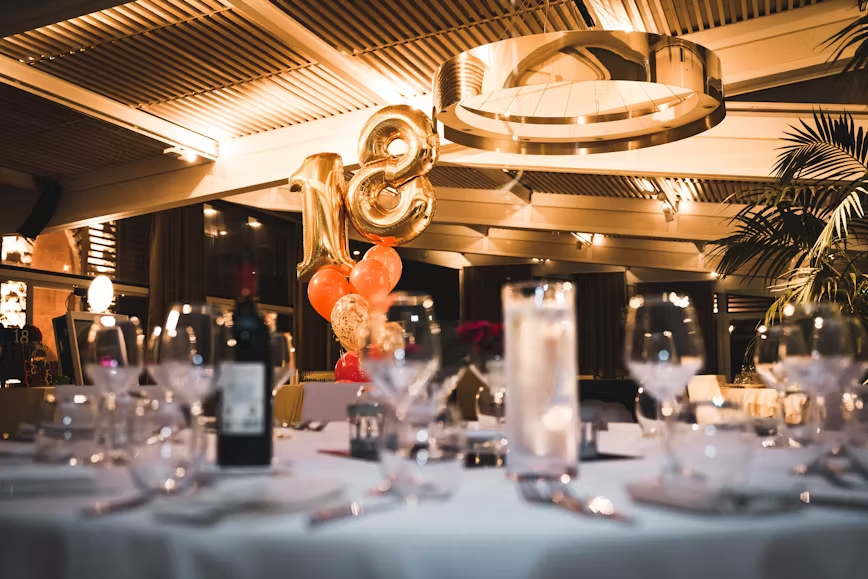
About VenueScanner
Industry: Software
Team size: 15-25
Runway East Location: Soho
VenueScanner helps you find great venues for all kinds of events and purposes.

HOW DID COVID IMPACT YOUR TEAM?
Back in March 2020, we had an inevitable drop in all of our metrics. Once people were no longer able to book events due to the pandemic, our company was hit pretty hard.
We took the decision to go fully-remote a couple of weeks before the first national lockdown was announced. As a team, we’d already been working one day a week from home, so we didn’t have any issues transitioning. The biggest challenge came from sustaining motivation and communication within the team, and simply making sure everyone was ok – all the things that feel very natural when you’re in an office, but are actually much more difficult when you are working remotely.
WHY HAVE YOU DECIDED TO MOVE TO A FLEXIBLE WORKING MODEL?
After we’d been working from home for a while, we did a few questionnaires with the team. The aim was to try to understand what people enjoyed about working remotely, what they missed about the office, and what was important to us as a business.
We felt that being in person on a regular basis was critical for specific areas of the business. It’s better to be in person when multiple people are needed to solve a problem together or really think creatively. Whiteboarding in workshops or brainstorms just isn’t the same when it’s not in real life. The other consideration was the social element and wanting the team to feel connected.
Conversely, the team found that they were very productive working from home depending on the type of work. If they were communicating with customers, working through tasks, or having meetings about the operations of the business, we found a lot of these could be moved to email or a quick video call.
Moving forward, we made the decision to combine remote and on-site working into a flexible working model. This allows for the productivity and work-life balance that the team has enjoyed when working from home, to combine with being ‘in person’ regularly for problem-solving, culture and to strengthen working relationships.
WHAT DOES YOUR TEAM THINK?
None of the team had strong views on exactly what they wanted the flexible working model to look like. Some people wanted to do one day a week in the office, some wanted four. The ultimate result was that people really didn’t know, so it fell to the leadership team to decide. Everyone was happy once we had a fixed plan in place.
There are exceptions of course. In some roles such as development, we expect team members to work remotely more frequently than say a customer-facing role. As a company, we’re quite flexible in our approach and letting people do what they think is best. Our flexible working model specifies that we have 1 specific day where everyone has to come in at the same time. Otherwise, the office is there for people to come in whenever they want or feel like it. Some team members already come in more often than others.
At the moment, our office can accommodate everybody if they all wanted to come back full-time. As we grow, we’ll probably re-evaluate that, but it is important for us to have a consistent space. If the team naturally falls into a regular schedule, then timesharing might be a good option. Having said that, it’s the small things like branding or having your metrics on the wall that are nice to have in your own space. It drives home the culture and community feeling that is part of the business.
DO YOU HAVE ANY CONCERNS ABOUT MANAGING A HYBRID TEAM?
I think it’s harder to have your finger on the pulse when team members are working remotely. Being in the office is quite beneficial in terms of feeling what the energy is like. It’s about seeing the team, not seeing the specific work that people do.
I personally benefit from overhearing the customers and what’s going on across the team. I feel like I understand less of what’s happening in the business when we’re remote as opposed to in person. I love the energy and pace that the team gets from being in person and I do have some concerns that we won’t be able to replicate that.
I’m also mindful of the impact that a flexible working model will have on the working relationships between remote team members and those who are in the office more.
Regardless of these concerns, giving people the flexibility and learning to be much more outcomes orientated, is overall positive from a management perspective.
HOW DO YOU PLAN ON KEEPING THE HYBRID CULTURE ALIVE?
I think it’s really important that everyone is together frequently. At the moment, I’m planning a fortnightly get together in the office-based on our sprint cycles. The whole team gets together to kick off the sprint, and then again to reflect how it went. Within those two days, we can work on team culture and get everyone out for drinks. I think implementing this structure is really important for the team. This way, there will always be a couple of times a month where everyone is together.
As a business, we’re still in the process of determining how we will operate effectively as a hybrid team. We’ve brought a lot more things online, so regardless of location, everyone is on the same page. We use a tool called ClickUp so everyone can see what everyone else is working on.
WHY HAVE YOU CHOSEN RUNWAY EAST AS A BASE?
I think the less that people are together, the more important team culture is. When we do get the team together, it’s important to us that we are in a great environment. The reason I love Runway East is that they do an incredible job in terms of true community. They create a fun and relaxed environment where people can both be themselves and work really hard. With fewer team members in the office on any given day, it’s great to see that they’re happy socialising with the other teams based here.
Runway East is very flexible to different models and ways of working. We’ve upsized and downsized offices several times in the past. It’s very helpful to know that the scope is there, should our team change size or our flexible working model change.
Got Questions? We've Got Answers
We've put together some FAQs to help you settle into life at Runway East.
find your
perfect space
Discover flexible workspace solutions across London, Bristol, Bath, Brighton, and Birmingham. From private offices to enterprise suites, find a space that grows with your team and keeps them happy every day.
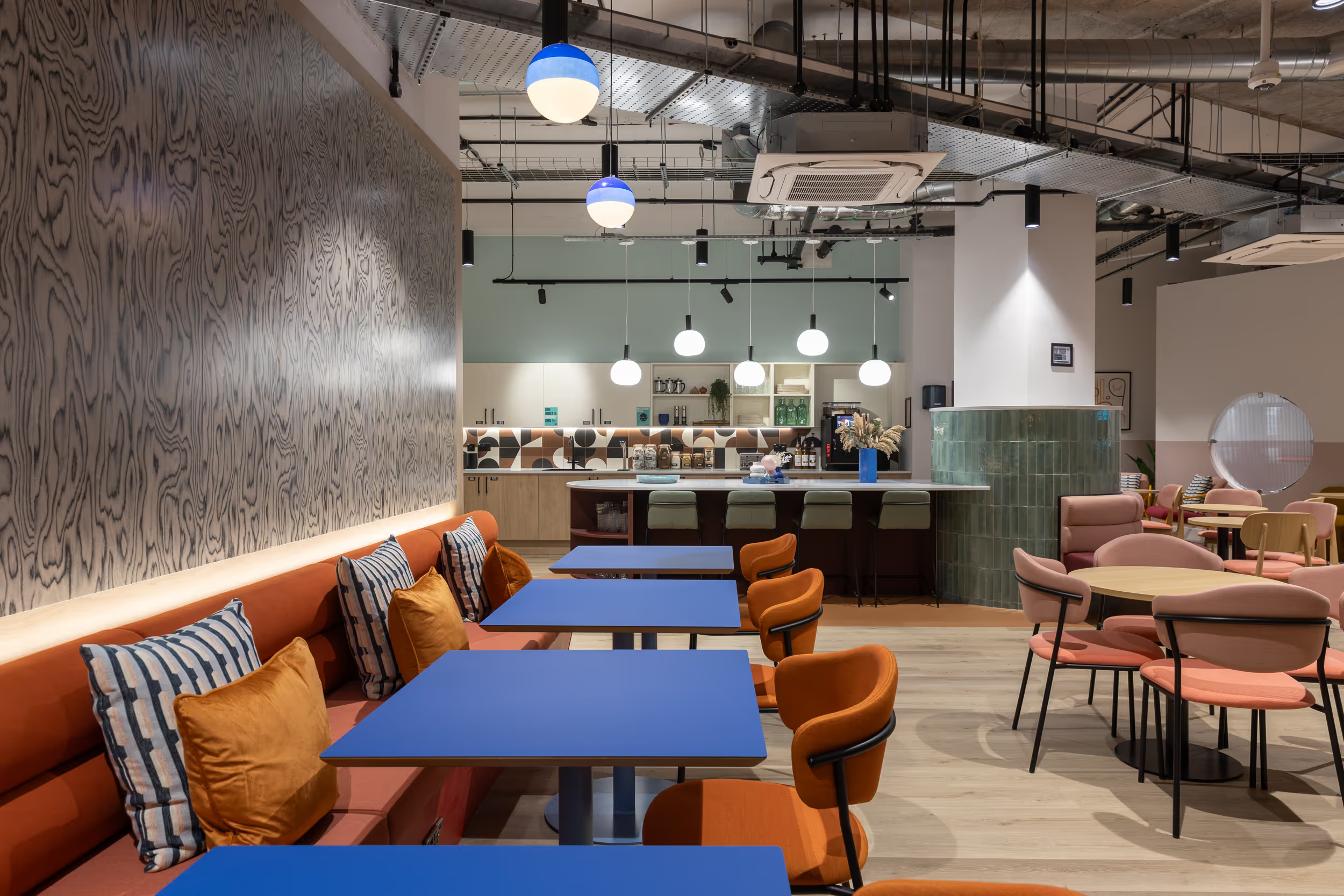


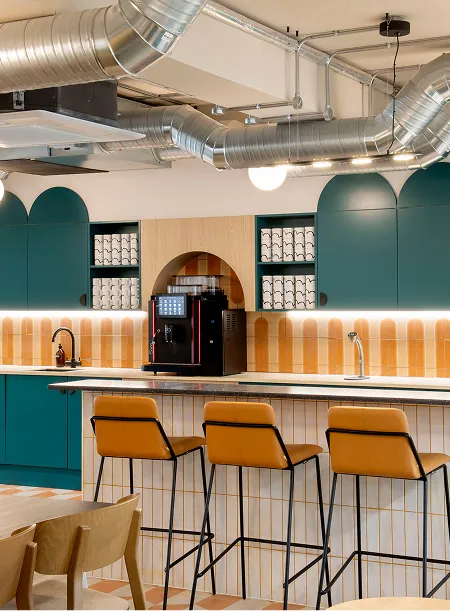
.avif)
.avif)
